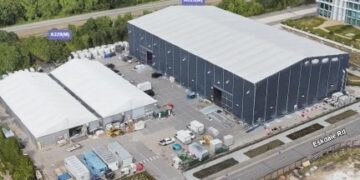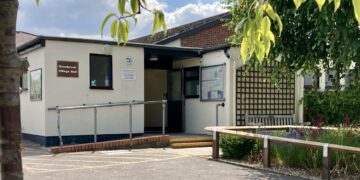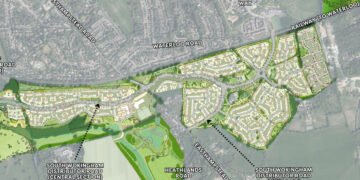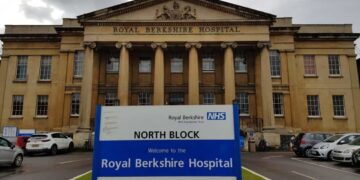FIREFIGHTERS in Berkshire have voiced strong opposition to changes made to the minimum response standard in fire and rescue.
Royal Berkshire Fire and Rescue Service (RBFRS) has made changes to its levels of expected service through amendments to its Minimum Response Standard policies.
Following a consultation last year, RBFRS has now agreed to provide a minimum of 14 frontline fire appliances (fire engines) at any time, which it says will use its immediately available and on-call staff “as effectively as possible.”
While this is one part of a number of changes, the Berkshire Fire Brigades Union (BFBU) has urged reconsideration as it says the change constitutes a real-terms reduction in fire protection.
The union says the move could increase the amount of time fires are left to develop, which in turn increases the risk to life and likelihood of death, increase property damage, increase risk to firefighters, and further reduce fire service resources.
It explains that previous implementations saw 14 engines immediately available, supplemented with multiple additional on-call engines.
On-call engines can take up to eight minutes to respond to an incident.
The new minimum would see only 13 immediately-available engines and a single on-call station.
They argue that RBFRS is prioritising “fiscal need over the core role” of the organisation, describing the move as a “step back” for residents.
They also cite figures that show RBFRS is failing to meet its targets of reaching 75% of incidents within 10 minutes, arguing that the move would only contribute to the continued shortfall of this target.
More rural areas will see the worst reduction in services, according to union members, as the possible delay in mobilisation will see a significantly delayed response in attendance.
They are now calling on union leaders to “explore all available options” to oppose the implementation, with 18 separate union branches raising motions against the change.
Union members argue that the move will also exacerbate and already under-resourced fire response, citing that more than 100 firefighters have been cut from the frontline services since 2010.
Opposition also cites that attendance times are currently slower than they were in the 1990s following a continued worsening over the last five years.
Steve Collins (FBU Brigade Secretary) said: “Our members are clear, they will not stand by and watch this service degrade the number of immediately available Fire Engines at night. They are ready to take action to prevent a degradation to the safety of their community and their colleagues.
“To keep our communities safe we need the service to shelve this reckless plan, wait on the outcomes of the Grenfell Inquiry and what steps this new Government will take in funding the Fire and Rescue Services.”
Southern Region EC Member and FBU Vice President Steve Wright said: “It is disappointing to learn that Fire Authority members, who’s role is to represent the best interests of Berkshire residents, have voted in support of this clear degradation in service that undermines the safety of local communities and its Firefighters.”












































